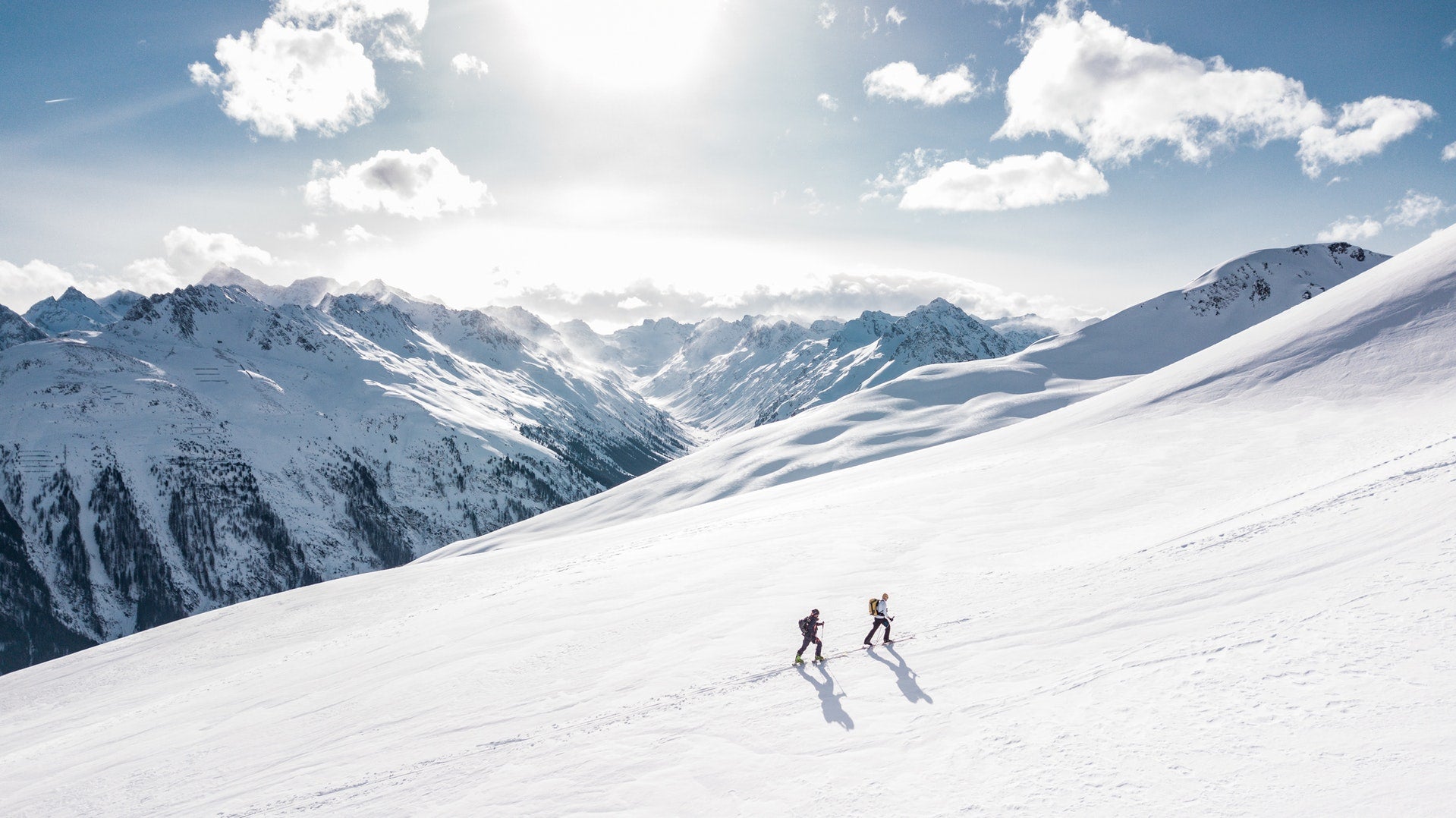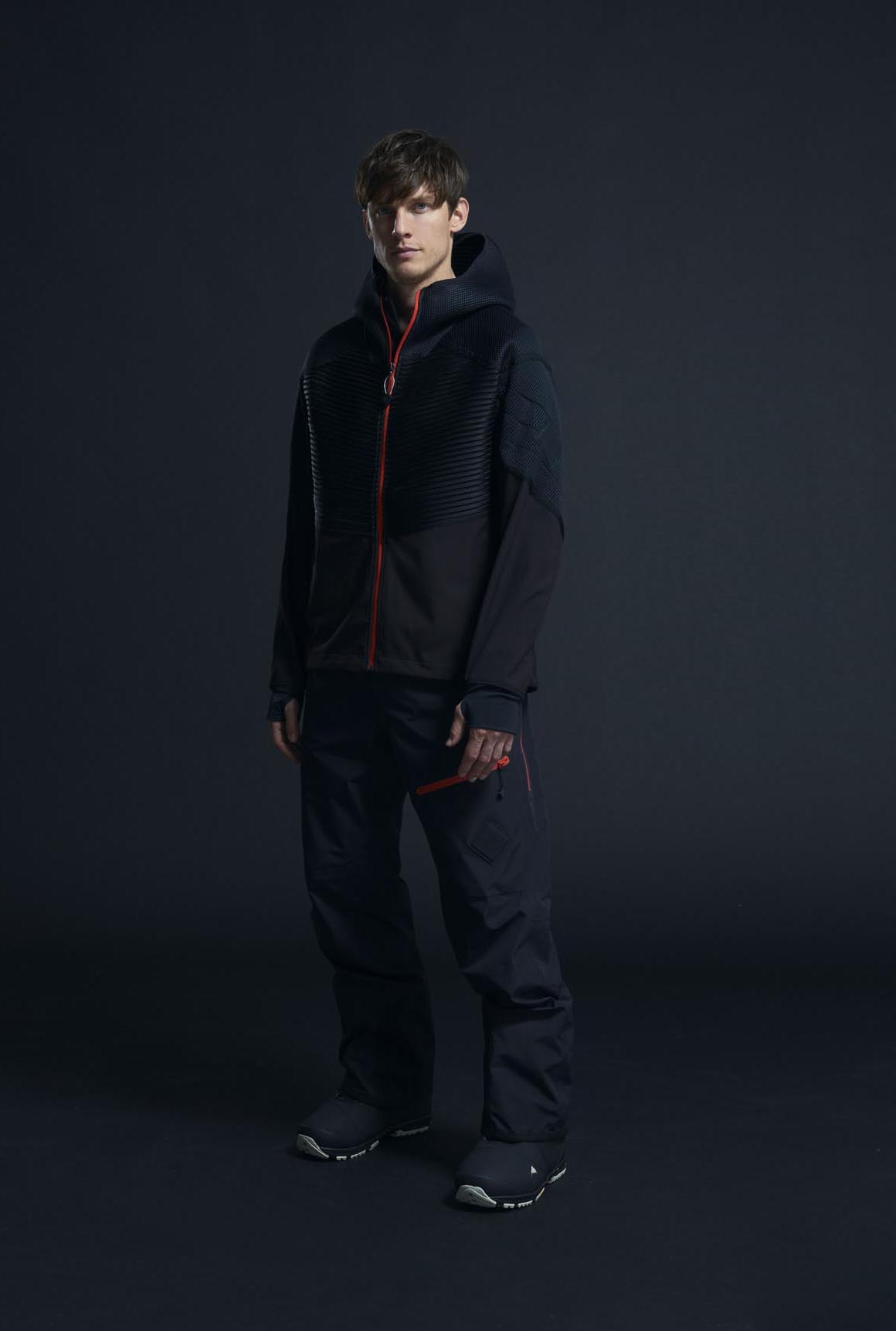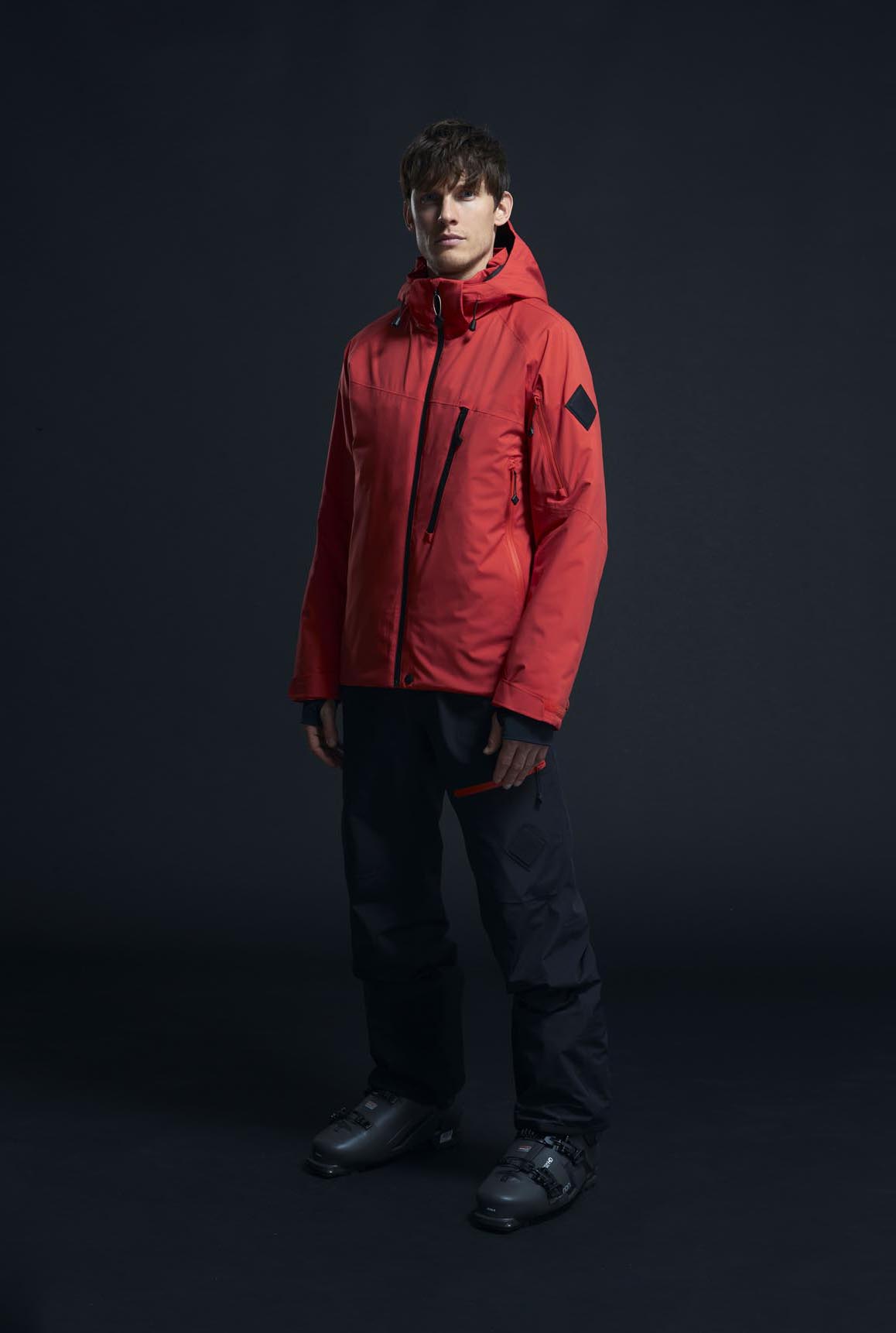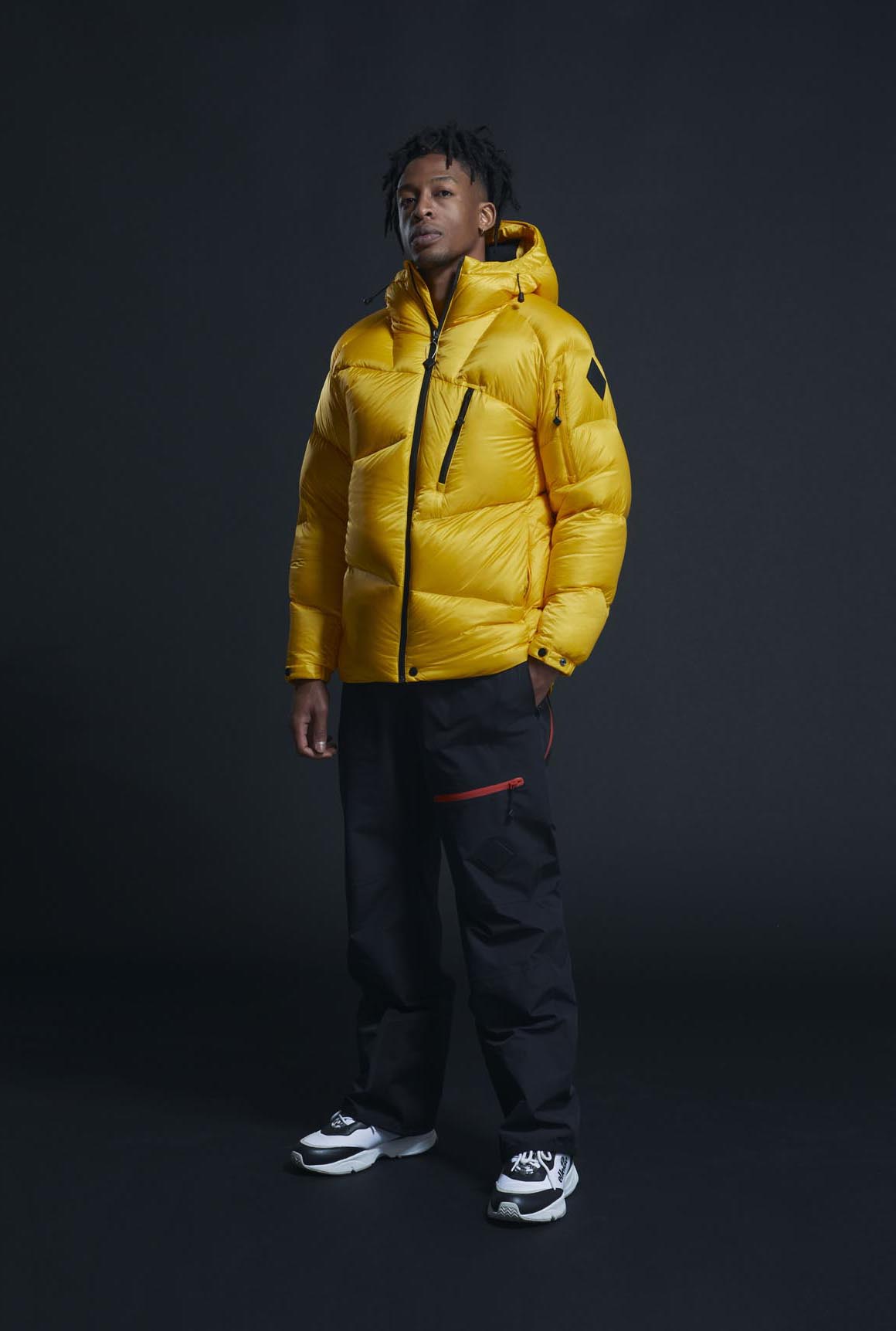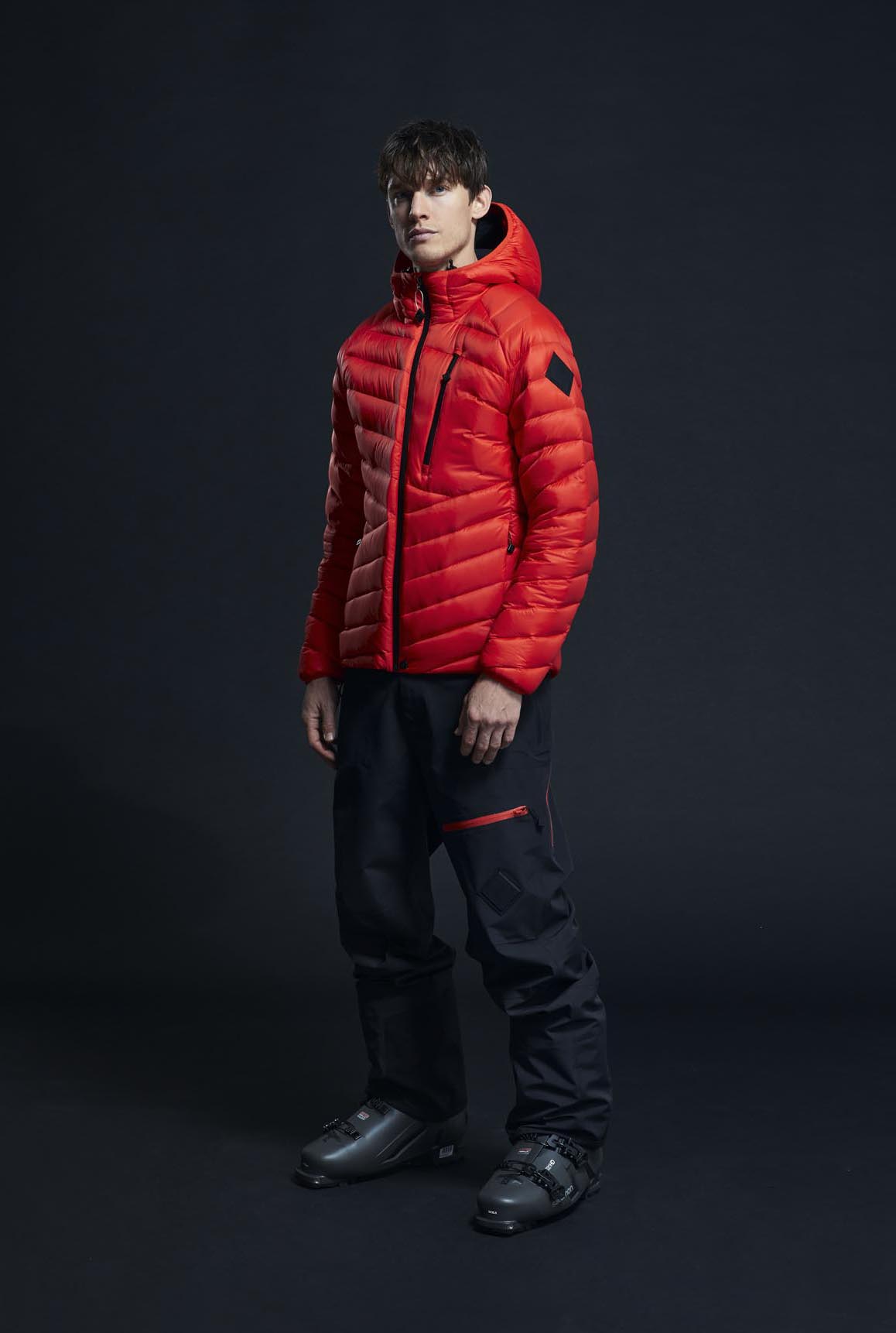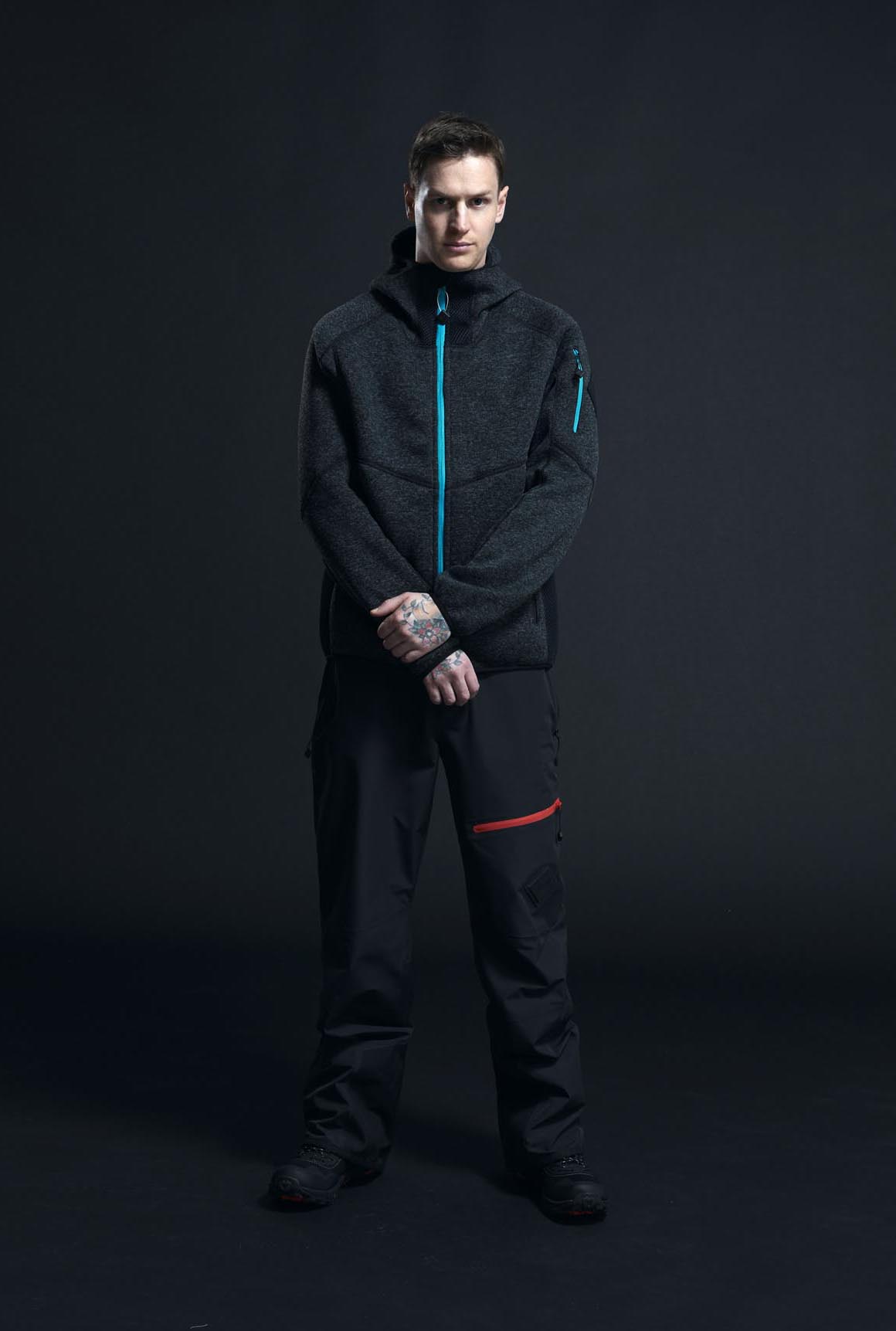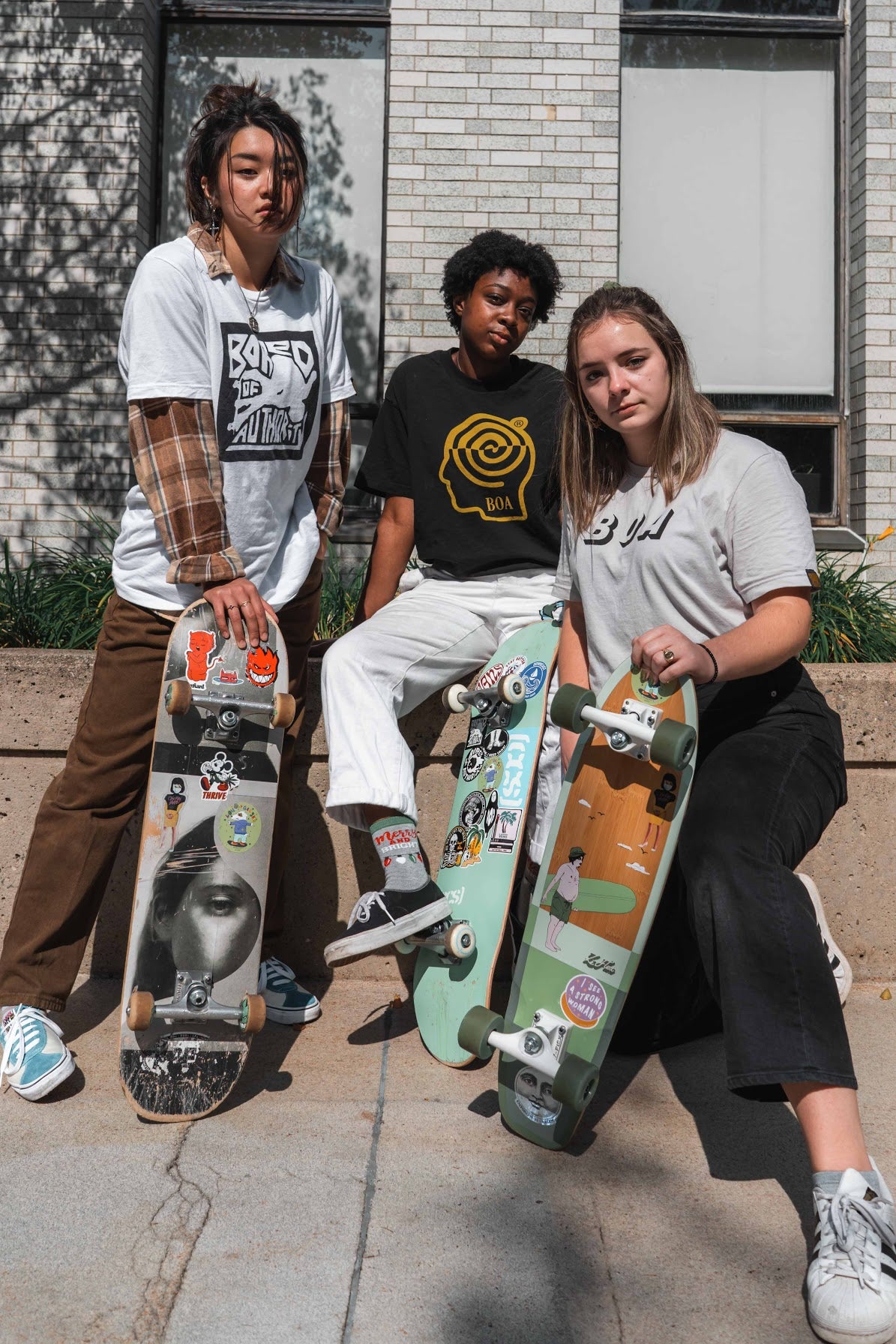
A Conversation with Lonelygrlskateco: Boston-Based Skate Collective for Historically Marginalized Skaters
Lonelygrlskateco is a collective in Boston for historically marginalized skaters, including but not limited to women, BIPOC, and non-binary and plus-sized people. Run by Boston-based students Claire, Rayven, and Becca, Lonelygrl’s goal is to build an inclusive community in the city of Boston that encourages women and non-binary people from all walks of life to pursue skateboarding, even if they are just starting out.
Lonelygrlskateco epitomizes the Bored of Authority® philosophy of challenging conventions, breaking down barriers, and following your individual passions authentically, in a way that has strongly resonated with people throughout the greater Boston area.
Since launching @lonelygrlskateco on Instagram in June of 2020, they have amassed a loyal community of over 2,000 followers, organized a large-scale meet-up, regularly run small-group skates in the Boston area, and host an active Discord channel for their growing community.
I spoke with the leaders of Lonelygrlskateco back in August to discuss their rise to success, views on feminism and inclusivity, and future vision for the community they’ve built.
So to start off, would you all want to introduce yourselves?
BECCA: My name is Becca, I’m 22 years old, and I study business accounting and management information systems at Northeastern. I had almost no background in skateboarding until meeting Rayven and Claire. When I came to school and saw what they were doing I was immediately drawn to it because it’s all about empowering women — and that’s what I’ve been all about my entire life.
I tried skateboarding once in the past but it was a very intimidating experience. There was no community here in Boston. So, in joining Lonelygirls, I’ve been re-learning a skill that I previously thought was blocked off to me. And it’s been so fun and rewarding, just going out everyday and trying my best and learning. And the community we’re building is so exciting to be part of as well.
CLAIRE: I’m Claire and I’m the founder of Lonelygrls. I’m 21 and I also go to Northeastern, and I’m studying bioengineering and math. I started skating a little over a year ago. It was something I’ve always wanted to do. In terms of board sports, I have experience surfing and snowboarding as a kid, but skating is a whole different deal — falling on concrete is way scarier. I got my carver about a year ago, but I only started learning flat ground and park in the past two or three months.
I started being a little more open about skating and posting about it on my Instagram, and Rayven was one of the first girls to ever respond to one of my stories and be like, “I’ve always wanted to skate — could you teach me?” And that’s why I reached out to her first when I had the idea for Lonelygrls.
My boyfriend taught me to skate. It was nice having someone to go out on the street with, who can laugh with you when you fall, but I just remember how shitty and isolating it was to always have to skate with only guys. So that’s really why I started all of this.
RAYVEN: So my name is Rayven. I’m 21, and I go to Northeastern and study mechanical engineering, psychology, and biomechanics. My background in skating is slim. I’ve been interested in it for literally as long as I can remember, but my parents were so afraid to let me get a skateboard. I convinced them to let me get a ripstik actually, but that was the extent of that.
When I came to college, I sat on buying a board for like two years and never wanted to commit because I didn’t have anyone to skate with. I didn't want to go out by myself and have all these dudes be like, “you suck”, just so I could tell them that I knew that. Then I messaged Claire because of her Instagram post and she convinced me to just go for it and buy a board. I’ve been skating for three months now and it’s truly just the best decision I’ve made.
What was it like to finally get a board?
RAYVEN: It was mad intimidating. I think that one of the things that kept me from sending it was that I didn’t know what board to buy, and everyone online had such different opinions. The most centric place I was able to find information was Reddit, and the discussion was run by mostly guys. So it was hard to find something that I felt would work for me because I’m not 6’2” and a man.
CLAIRE: Yeah, women and men have different centers of mass and are going to look different skating, and nobody talks about that. The only people you see skating and who have recommendations and know a lot about boards based on their needs are guys, and that information is going to be totally different for women.
So clearly you saw a need and wanted to address it. What else inspired the creation of Lonelygrlskateco and what’s the group’s primary purpose?
CLAIRE: So, I’d followed @grlswirl on Instagram for a long time. I think they’re probably the biggest all-women skate collective in the United States and are based in California. For a long time, I was reaching out to them like, if you want to start a chapter in Boston I would love to be the leader, and they just never got back to me.
They opened ones in San Diego and in New York CIty and I think with their bandwidth they couldn’t really open one in Boston, which is fine, but I was like, you know what, I’m just going to start my own.
Besides, I think there are a lot of gaps in the state of current all-women’s skate communities that I wanted to fix in my own way — one being representation. Some existing communities are obviously very inclusive for women, but I don’t think they necessarily represent women of color, plus sized skaters, or non-binary people. I was looking to fill that gap, as well as to get some East Coast representation.
A lot of the skate pictures you see online are mostly Golden Coast girls, cruising next to the beach and stuff — which is all good — but there’s not a lot of representation for street skaters on the east coast outside of New York City. So we’re trying to fill that gap.
So your guys’ first Instagram post was on June 22nd — less than two months ago — and since then, you quickly gained an Instagram following of over 1,600 users. Were you expecting that growth so quickly? How has that been?
RAYVEN: I was definitely not expecting it to grow this fast. We knew that the community is here in the city, and there were people who wanted something like this, but there was just no central place for it.
So I knew it was going to gain a following — that wasn’t really a question — but it was the fact that it happened so quickly. I love that so many people are so vocal and into it already because this momentum is really going to propel us into doing bigger things. But yeah, I was shocked.
BECCA: When I joined the team, I was kind of expecting it to be mostly college students. I wasn’t expecting the support from people just in the area, even in Rhode Island and other places outside of the city. You saw that especially at our first meetup, when you started talking to people and asking if they went to school in the area, a lot of people said they were in their mid-20s and from outside of Boston who just wanted to see what was going on. And I think that just shows how much people have wanted something like this.
So you had your first meetup the other week. Tell me how that went.
CLAIRE: It was pretty overwhelming. A lot more people showed up than we expected. At least 60 people drove in from really far. And everyone wore masks. I guess it just really melted our hearts that so many people were just as excited about this as we are, and it was way more successful than we ever imagined.
BECCA: To get support on Instagram comments is one thing, but to see people show up and come up to us and say “thank you for doing this, I’m so excited for the next meetup,” that’s just so validating.
There’s been a huge surge in female participation in skateboarding. Why do you think that is?
CLAIRE: Most of us were born in the nineties and skate culture, I think, peaked in the nineties in terms of street skating. So a lot of boys started when they were really young, but because of the whole gatekeeping thing and people thinking that skateboarding is not for girls, none of us really started skating at a young age, even if we wanted to. That’s why I think there;s so many people our age in college now who are like, I’ve always wanted to skate and never had the opportunity or had never felt comfortable doing it. So now they’re all kind of coming out of the woodwork, and that’s why the cycle of trends has come out to be the way it is now, which is great for us.
BECCA: I live for riding the high of the TV show Rocket Power. I feel like that epitomizes it. Growing up, watching Nickelodeon, that show was on and there was a really awesome girl who wore cargo pants and skated and I was like, she is the coolest person in the whole world.
So what would you say are the core values of the collective? How would you describe its members?
RAYVEN: I feel like one of them is solidarity, like uplifting other people. Even at the meetup, everyone was just so willing to talk to each other and make sure everyone felt comfortable and validated and seen.
Another value would be deviating from the status quo. Everytime you look up skating online it’s like this cookie-cutter type of image. And we really want to deviate from that and show that skating isn’t just one specific type of person. It doesn’t matter what you look like or what you claim to be. You are your own person and you’re valid in what you want to do. The biggest thing is just doing whatever makes you happy.
Another one would be just going for it. It can be super intimidating, but you’ll never know if you enjoy it until you actually get your feet on the ground. For me specifically, one of the biggest things is to encourage people to just get out there because I understand what it’s like for a beginner. It can be intimidating and overwhelming but I want to be that push for people who are on the fence about wanting to start.
Could you explain the relevance of loneliness to the collective and how it fuels you identity as a group?
CLAIRE: So I made up the name and when I first pitched it to my boyfriend, he was like, “that’s so fucking depressing, is that really the message you want to put out there?” Then I texted Rayven and she was like, “nope, it’s spot on.”
Because like I said before, skating with guys all the time is good and all. Yeah, they’re better than me, they can teach me things, and that’s cool. But it’s definitely shitty and isolating, not necessarily because it’s you versus all these guys, but more because girls are such a minority in skating. So girls sometimes feel like we need to prove ourselves or be this only girl, you know, the “cool one.”
So even if you see another girl at the skatepark, you’re looking at each other and wondering if they’re better than you. It’s weird and I just don’t like that feeling. Especially because most of the time they are better than me.
RAYVEN: When you skate with dudes, the imposter syndrome is just so prevalent. A lot of the time you’re like, I would truly rather be by myself and learn where nobody can see me.
It really feels like being a woman engineering major — like it’s such a boy’s club in mechanical engineering. I always have to wonder if the guys will listen to what I have to say just because I’m a girl. It’s happened before, where I’ve gotten the right answer and nobody listens because they assume that because I’m a girl that I’m probably wrong. But no, it’s the right answer. And it’s that same feeling emulated — I’d truly just rather do my homework by myself verus be in a study group full of dudes and not feel validated.
BECCA: In my finance and accounting classes it’s the same. I don’t even want to make a group because the guys are just going to do whatever they want anyway.
CLAIRE: Exactly. Which is why I think the name is a big part of how we grew so fast. I think people see “lonely girl” and relate to it — it resonates with them.
So Claire, you said on Instagram that you’d been skating for a year before you started Lonelygrlskateco. What was the learning curve like, in terms of technical skill but also in getting acquainted with skate culture?
CLAIRE: In terms of the technical learning curve, I longboarded at first, which was really easy. Then I bought my own carver, which was a little bit more difficult to ride just because the trucks are so bendy.
But I rode that pretty much every day for an entire year. The learning curve is pretty steep, especially with the carver, but if you ride everyday, the muscle memory kind of just builds up without you even trying. That’s the nice thing about skating. It’s not so much your natural talent as it is how much time and work you put into it. If you’re dedicated, the results will come.
So I started trying to learn tricks and ride park, and that’s definitely more difficult than cruising. The learning curve is much steeper and varies so much from person to person.
BECCA: The reason I originally reached out to be a part of this group is because I am really interested in both photography and women supporting women. I followed a lot of skateboarding photography and have always thought that it’s just the coolest thing ever — like the action shots people get. So I think the learning curve in joining this community is that a lot of what I knew was from skateboarding photography, which is also dominated by men. So coming in I had to learn how to navigate how to talk to the skateboarders in real life about taking pictures of them and, you know, how to move around in a shoot and stuff.
RAYVEN: I’ve been pretty interested in skate culture for a long time. For me, it was also the photography aspect, because I’m also big into photography. But for me, I think the skate fashion is what really brought me into it because I just love the way skaters dress.
I fucking love thrifting and stuff. Like that’s where I buy half of my shit. Once I got out of highschool, where I had to wear a uniform, I was able to curate my own style. And I realized I was gravitating towards skate style.
So you had this clear moment where you could dress yourself.
RAYVEN: Yeah. It was like, now I can actually have my own style. And I would go on Tumblr and Pinterest and see how people would style what I bought — and I was like, “this do be kinda looking like skate outfits.” So that helped me gravitate towards the actual skating.
I already dressed the part and it was so funny when I finally bought my board, everyone was like, “It’s about time, it looks like you’ve been skating forever.” I love that it just fits my personality like that.
One more question for you all — what’s next for the collective and you as its founders? Would you like to take it outside of Boston one day or keep it local?
CLAIRE: For the near future, we’re just going to keep with all the meetups, taking people’s feedback into account and trying to improve ourselves as a community. Because we do what to be very community based.
BECCA: We’re hoping to do more community involvement. We would really like to be able to reach out to elementary schools in the area and teach little kids how to skate, boys being included in that because we think it’s important for them to see that they can look up to a woman as a coach and a role model in the skate community.
RAYVEN: We definitely want to grow and stuff, but we think it’s important to establish ourselves as a local community first because we’ve all been here for four years. Boston has housed me for as long as I’ve been in college and I want to give back in a certain way.
And also we want to make sure we have a stable foundation before we try to expand. In terms of philanthropy, I just think it’s very important to make sure your house is good before you help build other peoples.
CLAIRE: And we have a lot of Boston pride. Like I was saying before, we want to bring representation to East Coast skaters. So we’ve got to establish ourselves in Boston first. We have offers to expand to other cities already, and we’ve only existed for two months.
BECCA: It’s so cool that the opportunities are there. And we’re so excited about them. We’re being very careful to make sure that what we are doing is best for Lonelygrl first and that our vision of inclusivity and representation is part of everything we do moving forward.
CLAIRE: We’re not really in it for the clout. The community of women and non-binary skaters is out there in Boston, so our first goal is just to gather them all.
Thank you all so much for taking the time to talk to me today about Lonelygrl. I think you three are clearly so passionate and are on the right path. I look forward to more Lonelygrl and Bored of Authority collaboration in the future!
